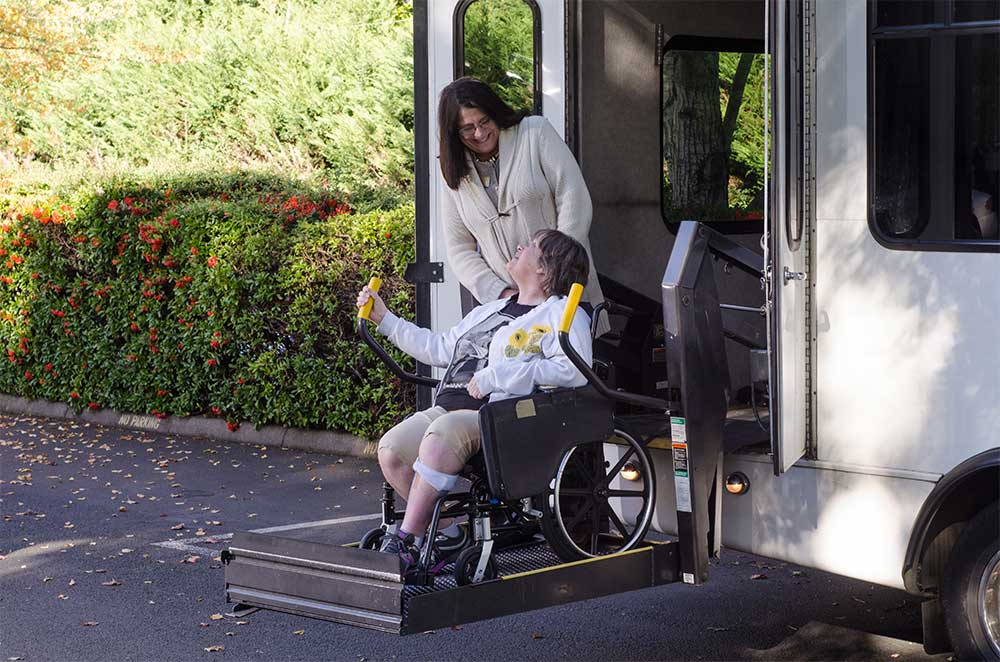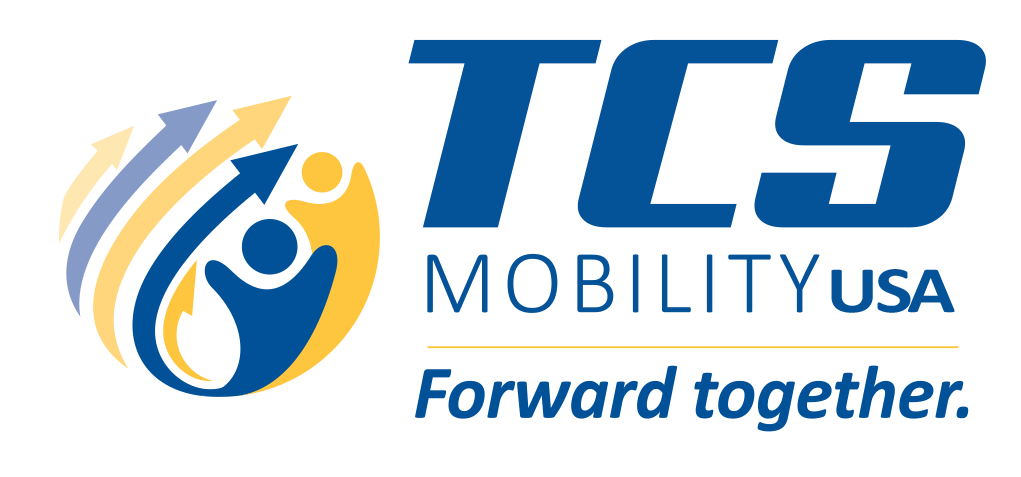The Growing Need for Non-Emergency Medical Transportation for Seniors
January 10, 2019
Outpatient medical care is on the rise. The number of people with chronic medical conditions is increasing, and nearly 4 million Americans miss or postpone medical care due to a lack of transportation. Non-Emergency Medical Transportation (NEMT) provides service to and from medical appointments, return trips from emergency room visits, and transfer service between hospitals when transportation is not accessible. NEMT services are intended for medical and non-emergent care. Disadvantaged Medicaid recipients, senior citizens, those with disabilities, low-income citizens, and those who are cannot provide their own transportation rely on non-emergency medical transportation in order to access healthcare services. And the number of citizens requiring NEMT is growing.
Three-quarters of all healthcare spending in the U.S. goes towards the treatment of chronic conditions such as arthritis, asthma, cancer, cardiovascular disease, chronic obstructive pulmonary disease and diabetes, all which require frequent medical services. The Centers for Disease Control estimate that, as of 2009, “seventy-eight percent of the adult population age 55 and older has at least one of these chronic conditions. Additionally, estimates are that states will add more than a half million adults who have serious behavioral health issues that impair their everyday functioning to the Medicaid population. These people will need NEMT to access life sustaining treatments and health care services.” The consistency and efficiency of non-emergency medical transportation saves states money by helping individuals avoid emergency room visits and ambulance trips. (Source: National Conference of State Legislators)
What is Non-Emergency Medical Transportation?
Designed to serve Medicaid beneficiaries, non-emergency medical transportation (NEMT) provides services to patients and those with medical appointments who are faced with extraordinary obstacles and, therefore, are unable to access transportation of their own. An invalid driver’s license, non-availability of a working vehicle, inability to travel alone, or having physical, cognitive, mental, or developmental limitations are examples of the barriers many seniors face, and, as a result, force them to delay or cancel medical appointments. (Source: Patient Engagement Hit)
A Growing Population
In the 2017 National Population Projections by the U.S. Census Bureau, demographer Jonathan Vespa said, “the aging of baby boomers means that within just a couple decades, older people are projected to outnumber children for the first time in U.S. history. By 2035, there will be 78 million people 65 years and older, compared to 76.7 million under the age of 18.” (Source: U.S. Census Bureau)
As people age, their family structure changes – spouses pass away, family moves away, etc. — and they are often left alone. If both spouses are alive, oftentimes they reach a point where they are unable to drive and may not have reliable transportation to get to and from medical appointments. Or they are unable to travel alone. As the senior population grows, so does the need for non-emergency medical transportation increases.
Transport Care Services
Transport Care Services (TCS) is a non-emergency medical transportation provider serving clients in the Tri-State area (South Carolina, North Carolina, and Georgia).
TCS provides safe, timely, professional, and affordable service to hospitals, nursing homes, long-term care facilities, and health care networks.
For patients who are ambulatory and able to walk with or without the assistance of a cane, walker, or crutches, TCS can create a custom transportation plan to meet their specific needs. Transportation is also available to patients who require a wheelchair and can sit upright in their chair or who can lie flat on a stretcher.
Transport Care Services can also provide active patients who may need a little assistance with their daily transportation needs, whether it’s personal, medical, or work-related. (Source: Transport Care Services)
As the senior population continues to grow, so does the need for non-emergency medical transportation. Companies such as Transport Care Services offer seniors a piece of mind knowing that assistance is available so they don’t have to miss or postpone appointments and can continue to receive continuity in their treatment plan, as well as providing them with transportation to meet their personal and work-related needs.
